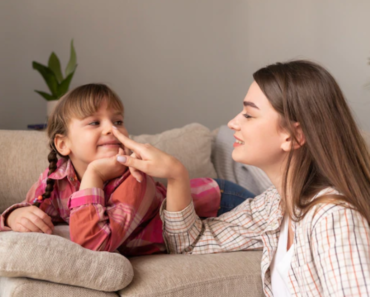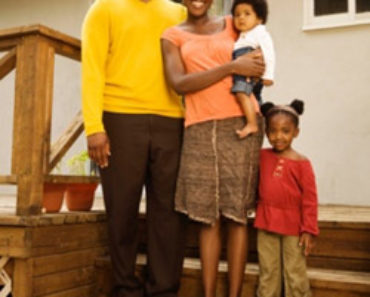Contents

There are elements of parenting that stepparents can overlook, perhaps because they feel that they don’t apply to them, and one of these is being a role model.
In fact, considering yourself as a role model can be very helpful in creating the right mindset for all sorts of issues that crop up in everyday family life. A role model leads by example rather than by harsh discipline. A role model reinforces positive behaviors within the family and beyond. A role model treats others with respect.
How Being a Good Role Model Can Help with Bonding
As part of my Accidental Parent series of e-books, I have written a guide for stepparents to improve their relationship with stepchildren, and one of the steps is being a great role model.
There are Four Keys Things Stepparents Can Do to Improve Family Relationships by Leading Through Example:
- STOP using words alone and START demonstrating through your actions;
- STOP being their best friend and START being their parent or guardian;
- STOP taking everything seriously and START being more spontaneous and having fun with them;
- STOP scorning the fact they will learn from you and START remembering you are a role model for a future adult.
Actions Speak Loudest
Taking the first of these points, teenagers, in particular, respond far better to actions than words. Whatever you say to them, it often feels like your comments are falling on deaf ears. Conversely, the way you deal with conflict in the family home is likely to be mirrored by your teenagers when they deal with their own crises in later life. This is a sobering thought.
As adults, we have years of experience to draw upon when we face challenging or emotional situations. We may not always get it right, but by stopping, thinking and considering the impact our behavior will have on our stepchildren, we are more likely to make the right decisions and act in the best possible way.
Parent vs Friend
Trying to be your child or stepchild’s best friend rather than their teacher is a trap many parents and stepparents fall into. It is particularly hard for stepparents, who effectively have to become accidental parents, even if they have no prior knowledge or experience of bringing up a family. As an outsider, it can feel easier to be a friend than a traditional parent, and this is something to be wary of.
Being a parent is challenging, and it sometimes feels like you are responsible for everything your stepchild says, thinks or does. Always remember that you are not responsible for the problems they face or the situations they experience, but you are an important influencing factor in the way they deal with those things. It’s more important for them to have someone who can help them work out strategies for coping with their feelings and the hurdles that life puts in their way than it is for them to have an extra “friend” in the house.
Have Fun
Parenting can be tough – but it can be fun too. Don’t lose sight of that.
In my book on bonding, I talk about a time when my partner and I went on holiday to Ireland. There was Irish music playing in the hotel and there was an Irishman inviting all the women in the room to dance with him. I knew what was coming, and the last thing I wanted to do was get up and dance in front of my stepchildren.
I felt acutely embarrassed, but I knew that by getting up and dancing with him, I’d be teaching the kids an important lesson in life – don’t be scared to make a fool of yourself once in a while.
It does everyone good to let their hair down every once in a while and have fun, particularly as a family. That night will always be remembered as a night of laughter and togetherness – and fooling around.
The most powerful way children learn is by watching how the adults around them behave.
Preparing Them for Adulthood
A parent’s role is to nurture children to become young adults and young adults into grownups. One of the key ways you can influence them is by demonstrating good communication. This means standing alongside your partner as co-parents who are working together for the good of the family and everyone in it. By doing this, you can avoid either one of you slipping into the role of evil stepparent, because your children and stepchildren will see you as a parental unit, backing each other up and presenting a united front.
As stepchildren become teenagers and teenagers become adults, the role of the parent changes, and it’s never too early to prepare for this. By spending time together as a stepfamily, you can build relationships that will make each stage easier and help you support each other through life’s journey. It’s also important to spend one-to-one time with each member of the family so that you can get to know each other well in a relaxed environment without competition from other personalities within the house. Bonds are not forged overnight and patience is essential, but over time the investment in communication and relationship building will reap rich rewards.
I would like to finish this article by sharing my own experiences of the influences stepparents can have on the future lives of their stepchildren. Many of the stepchildren I coach are adults, and they come to me because of unresolved issues that occurred during their own upbringing. As a parent, whether biological or stepparent, you are a role model, like it or not. The circumstances that have led to your stepfamily situation are personal, and the emotions may be raw, but the way you deal with that together is what will shape your future and that of the children in your stepfamily.
So remember that each time you deal with a problem, however big or small, your stepchildren will be watching and learning. Make sure they learn healthy lessons and grow up feeling confident and loved.







